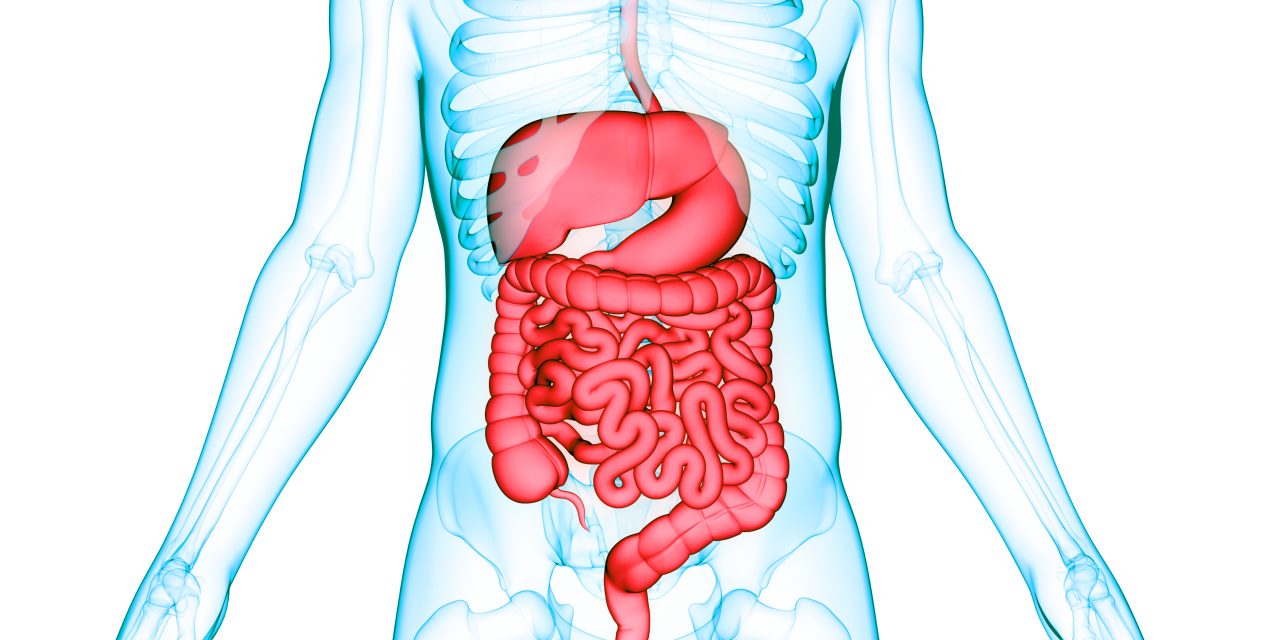Malabsorption of fat and protein contributes to poor nutritional status in people with cystic fibrosis. Impaired pancreatic function may also result in increased gastric acidity, leading in turn to heartburn, peptic ulcers and the impairment of oral pancreatic enzyme replacement therapy. The administration of gastric acid-reducing agents has been used as an adjunct to pancreatic enzyme therapy to improve absorption of fat and gastro-intestinal symptoms in people with cystic fibrosis. It is important to establish the evidence regarding potential benefits of drugs that reduce gastric acidity in people with cystic fibrosis. This is an update of a previously published review.
To assess the effect of drug therapies for reducing gastric acidity for: nutritional status; symptoms associated with increased gastric acidity; fat absorption; lung function; quality of life and survival; and to determine if any adverse effects are associated with their use.
We searched the Cochrane Cystic Fibrosis and Genetic Disorders Group Trials Register which comprises references identified from comprehensive electronic and non-electronic database searches, handsearches of relevant journals, abstract books and conference proceedings. Both authors double checked the reference lists of the searches Most recent search of the Group’s Trials Register: 26 April 2021. On the 26 April 2021 further searches were conducted on the clinicaltrials.gov register to identify any ongoing trials that may be of relevance. The WHO ICTRP database was last searched in 2020 and is not currently available for searching due to the Covid-19 pandemic.
All randomised and quasi-randomised trials involving agents that reduce gastric acidity compared to placebo or a comparator treatment.
Both authors independently selected trials, assessed trial quality and extracted data.
The searches identified 40 trials; 17 of these, with 273 participants, were suitable for inclusion, but the number of trials assessing each of the different agents was small. Seven trials were limited to children and four trials enrolled only adults. Meta-analysis was not performed, 14 trials were of a cross-over design and we did not have the appropriate information to conduct comprehensive meta-analyses. All the trials were run in single centres and duration ranged from five days to six months. The included trials were generally not reported adequately enough to allow judgements on risk of bias. However, one trial found that drug therapies that reduce gastric acidity improved gastro-intestinal symptoms such as abdominal pain; seven trials reported significant improvement in measures of fat malabsorption; and two trials reported no significant improvement in nutritional status. Only one trial reported measures of respiratory function and one trial reported an adverse effect with prostaglandin E2 analogue misoprostol. No trials have been identified assessing the effectiveness of these agents in improving quality of life, the complications of increased gastric acidity, or survival.
Trials have shown limited evidence that agents that reduce gastric acidity are associated with improvement in gastro-intestinal symptoms and fat absorption. Currently, there is insufficient evidence to indicate whether there is an improvement in nutritional status, lung function, quality of life, or survival. Furthermore, due to the unclear risks of bias in the included trials, we are unable to make firm conclusions based on the evidence reported therein. We therefore recommend that large, multicentre, randomised controlled clinical trials are undertaken to evaluate these interventions.
Copyright © 2021 The Cochrane Collaboration. Published by John Wiley & Sons, Ltd.
Drug therapies for reducing gastric acidity in people with cystic fibrosis.


